Scientific discoveries and inventions have transformed our lives, enabling us to answer previously unanswerable questions. Below is a list of famous physicists and their notable contributions.
Albert Einstein
Invention: Photon (light quantum)
Contribution: Developed the General and Special theory of relativity and the concept of mass-energy equivalence (E = mc^2).

J.J. Thomson
Invention: Electron
Contribution: Discovered the first subatomic particle, the electron, and found evidence for the existence of isotopes.

Ernest Rutherford
Invention: Proton
Contribution: Proposed the nuclear structure of the atom and hypothesized the existence of the neutron.

John Dalton
Invention: Atomic Theory
Contribution: Proposed that atoms are indivisible particles that combine in fixed ratios to form compounds.
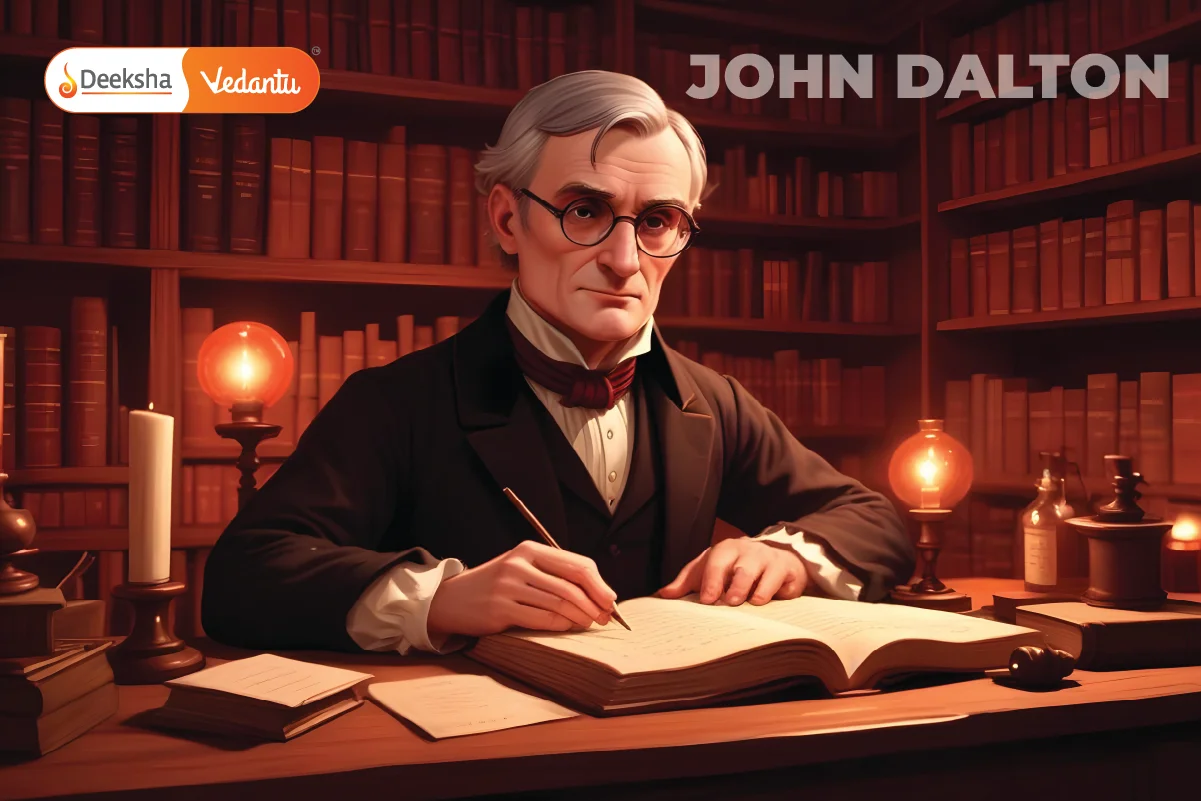
James Chadwick
Invention: Neutron
Contribution: Discovered the neutron, which was crucial for the development of nuclear fission and atomic bombs.

Isaac Newton
Inventions: Laws of Motion, Calculus, Gravitational Theory
Contribution: Laid the foundation for classical mechanics and developed a mathematical framework for the physical world.

Charles-Augustin de Coulomb
Invention: Coulomb’s Law
Contribution: Formulated the law of electrostatic attraction and repulsion.
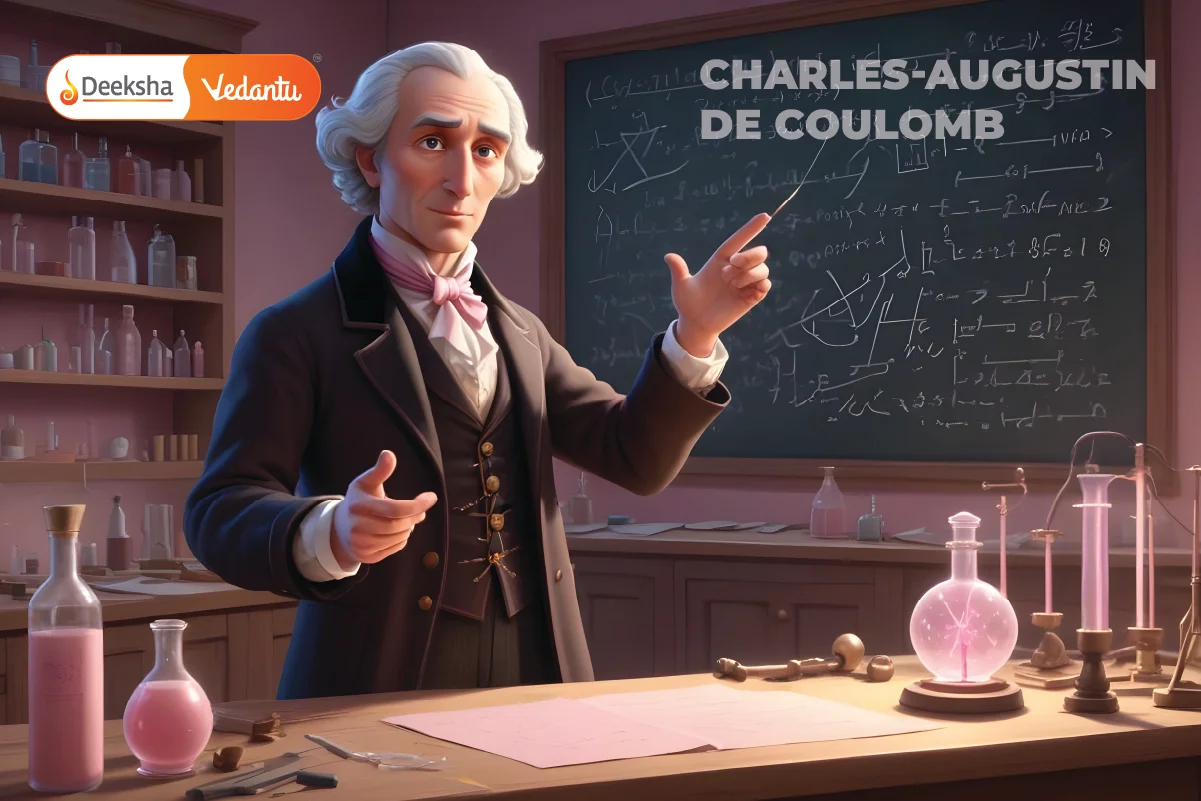
Georg Simon Ohm
Invention: Ohm’s Law
Contribution: Stated that the current through a conductor is directly proportional to the voltage and inversely proportional to the resistance.

Michael Faraday
Inventions: Electromagnetic Induction, Benzene
Contribution: Discovered electromagnetic induction and established the laws of electrolysis.
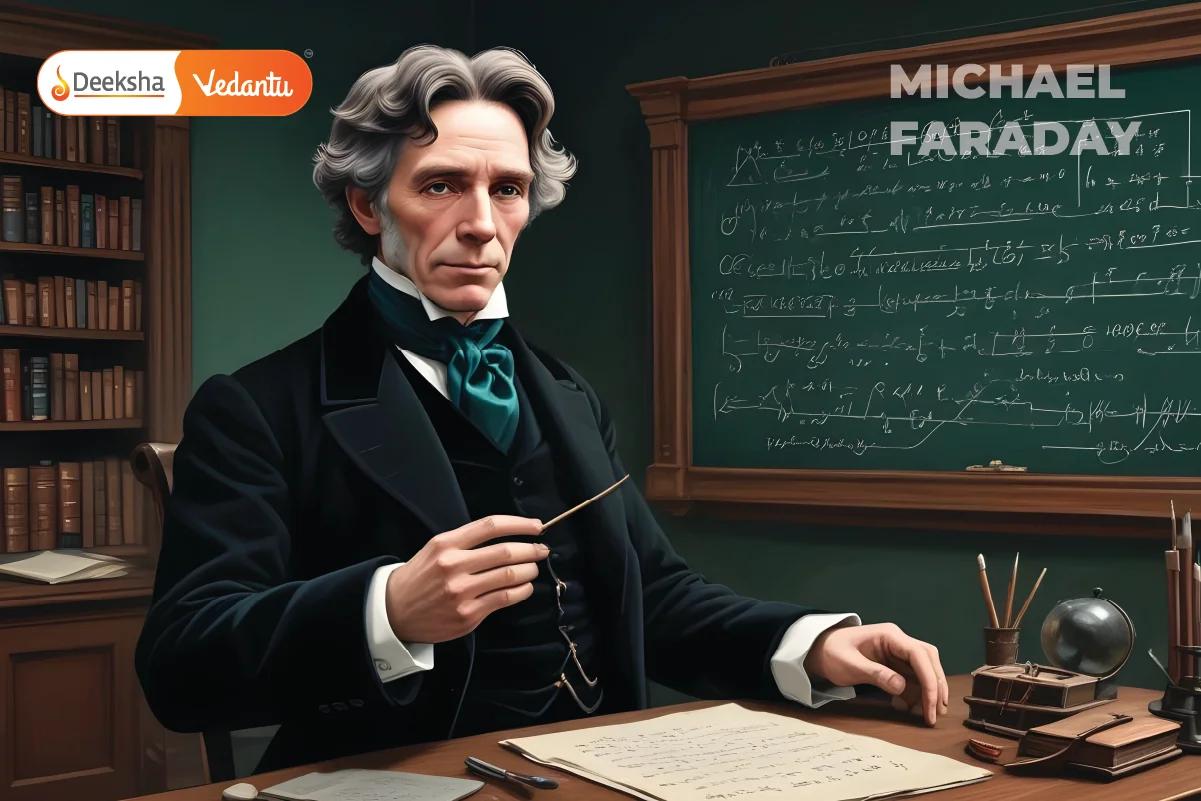
Thomas Edison
Inventions: Incandescent Light, Motion Picture Camera, Fluorescent Lamp
Contribution: Made significant contributions to electric power generation and mass communication.
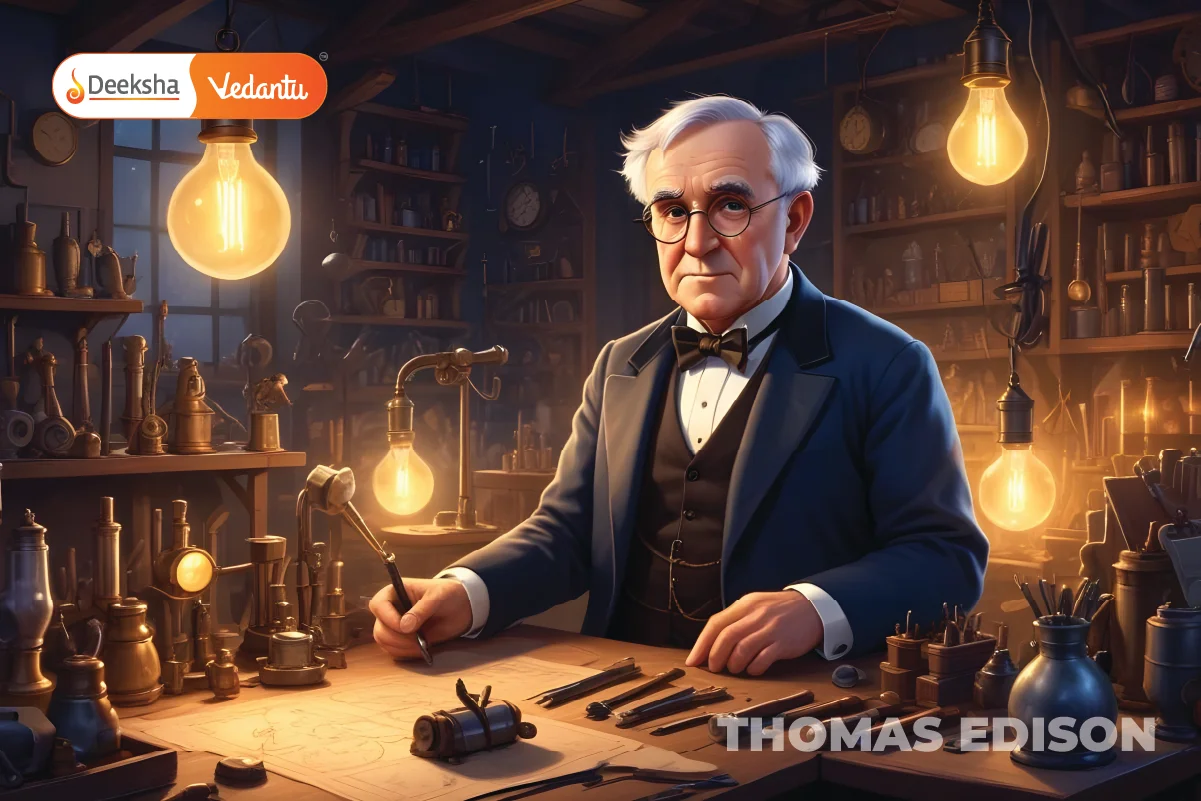
Henri Becquerel
Invention: Radioactivity
Contribution: Discovered natural radioactivity, earning a Nobel Prize.
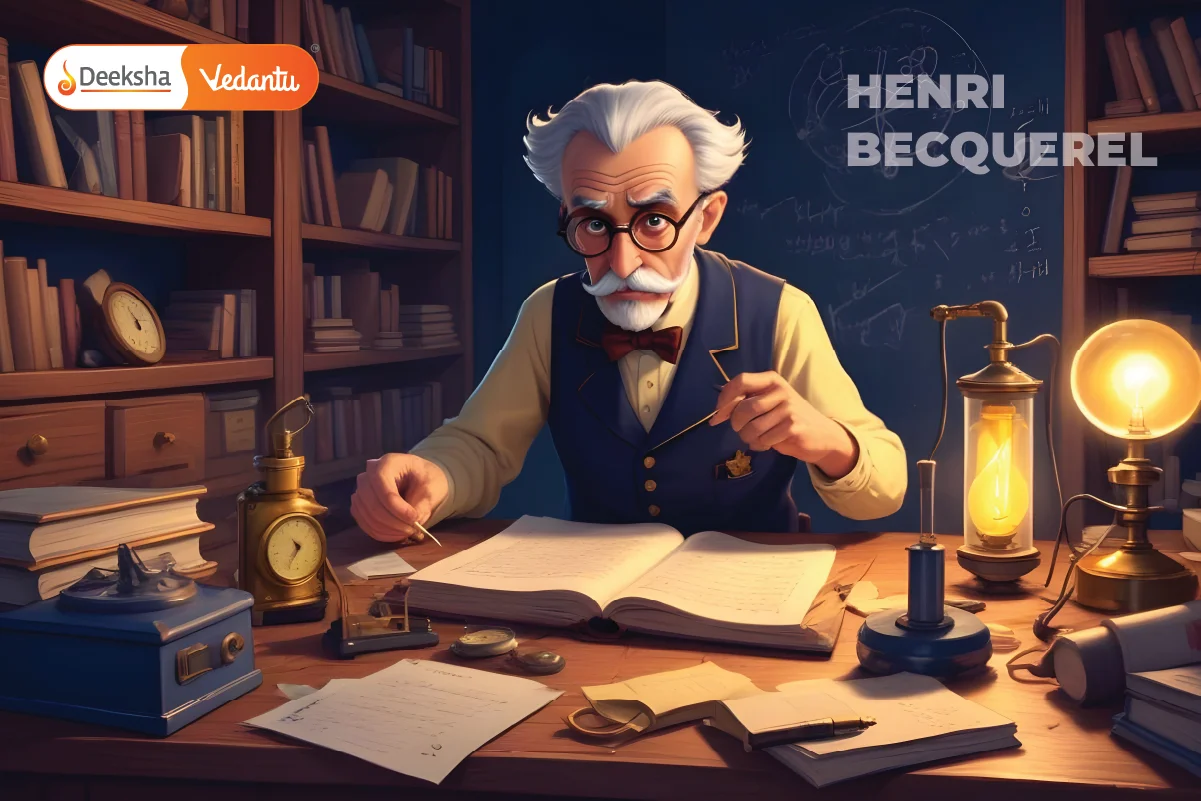
Marie Sklodowska-Curie
Inventions: Polonium, Radium
Contribution: Conducted pioneering research on radioactivity, becoming the first woman to win a Nobel Prize.

Max Planck
Invention: Quantum Theory
Contribution: Proposed the quantum theory of energy, significantly impacting the study of atomic and subatomic processes.
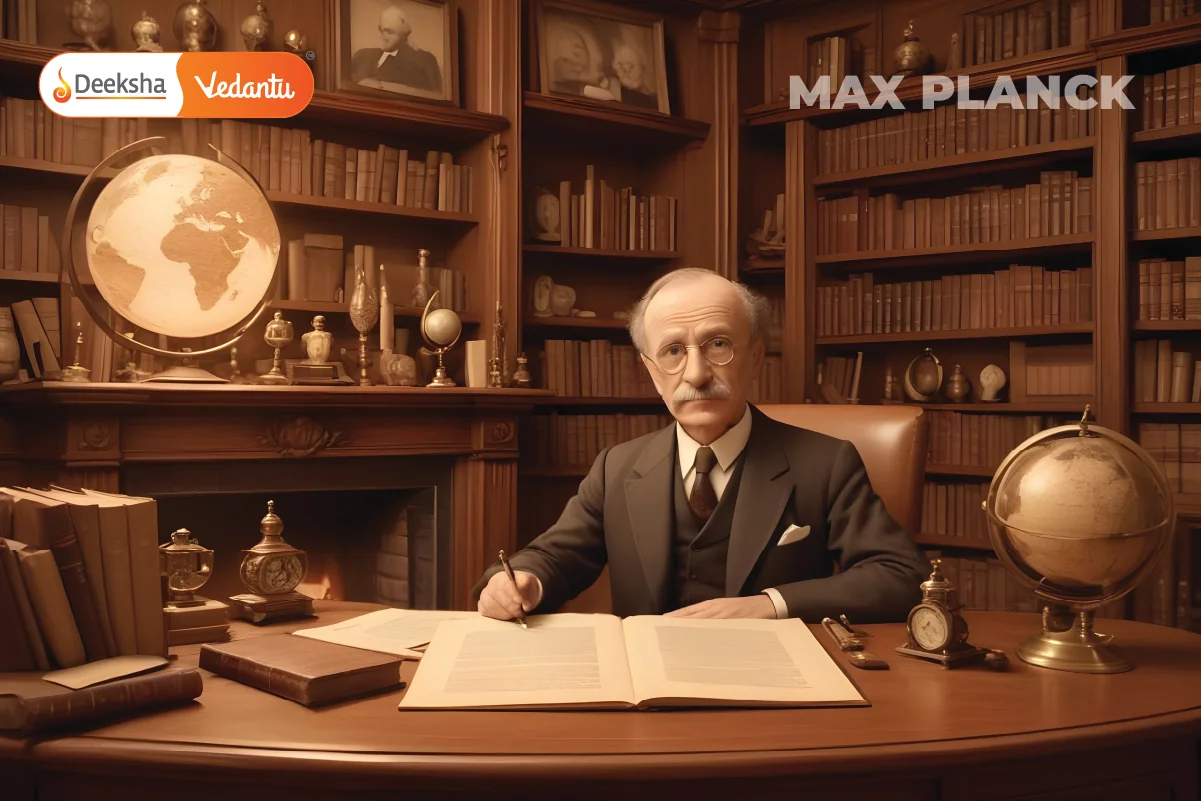
Heinrich Rudolf Hertz
Invention: Photoelectric Effect
Contribution: Discovered the photoelectric effect, which led to the development of quantum mechanics.
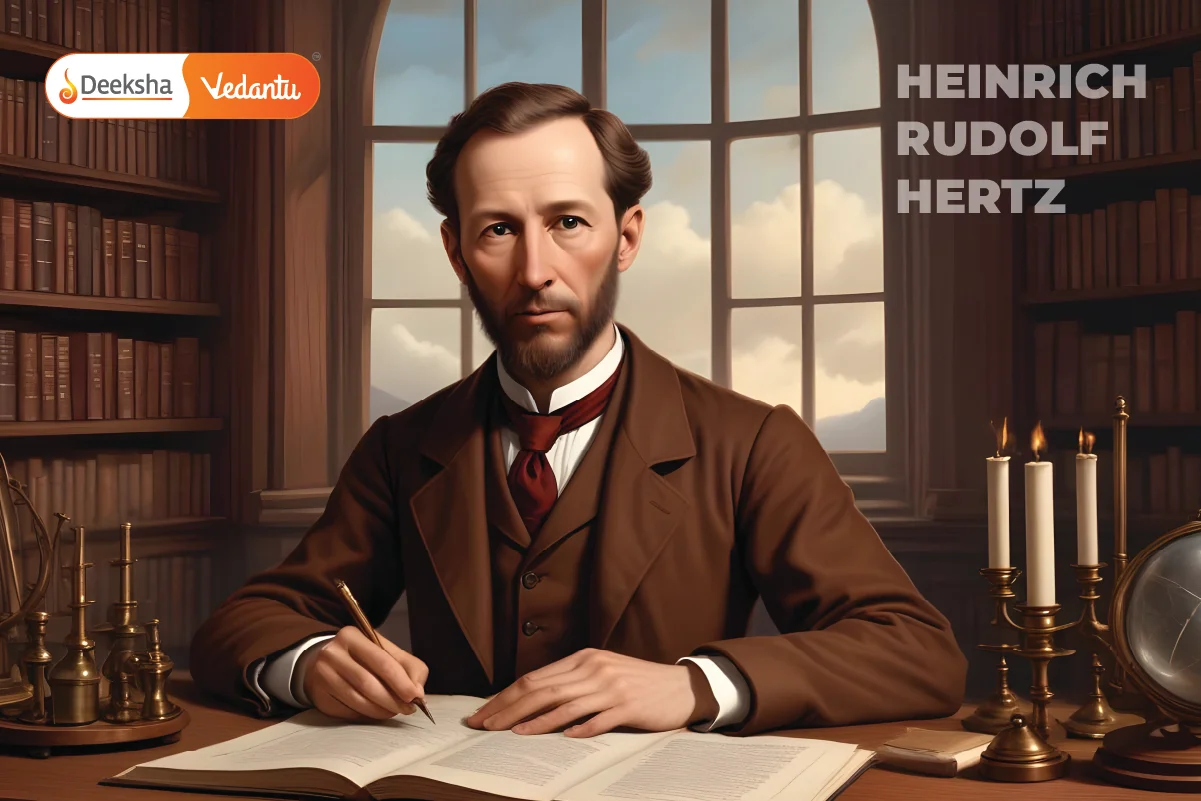
Wilhelm Conrad Röntgen
Invention: X-rays
Contribution: Produced and detected X-rays, earning a Nobel Prize.
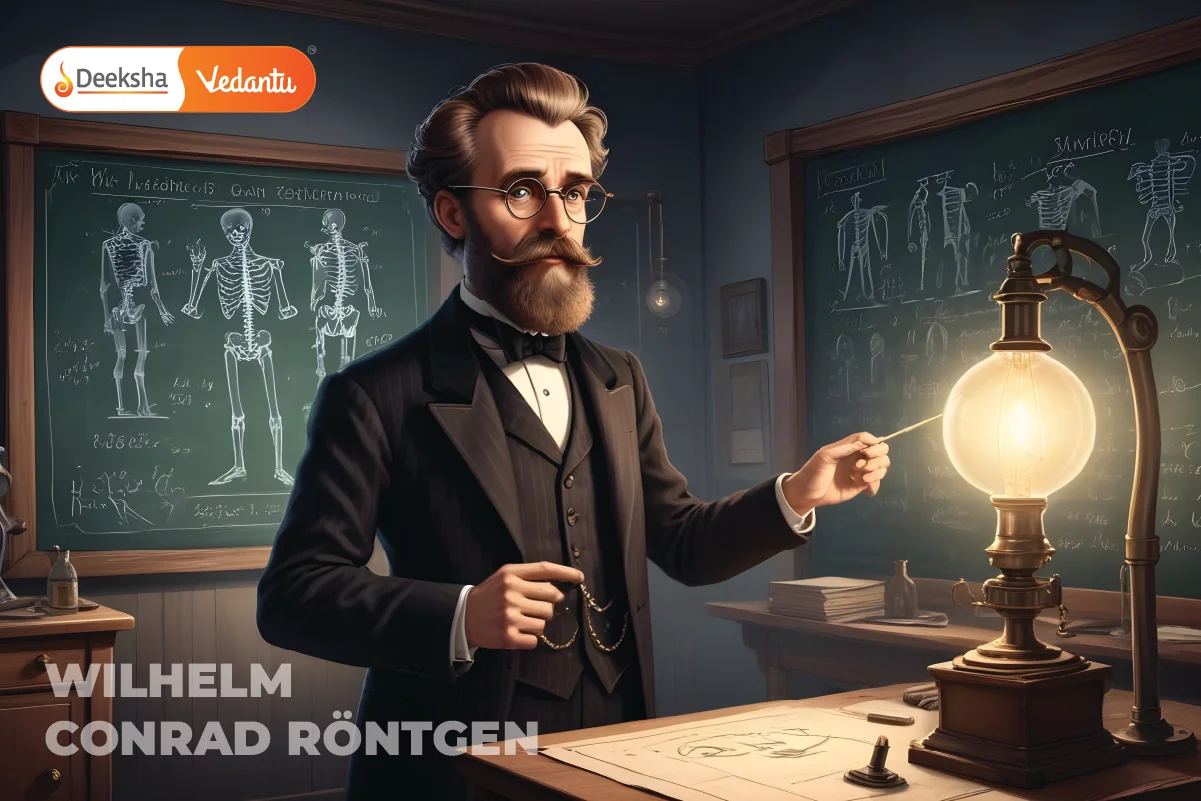
Neils Bohr & Ernest Rutherford
Invention: Atomic Structure
Contribution: Bohr improved Rutherford’s model by proposing quantized electron orbits.
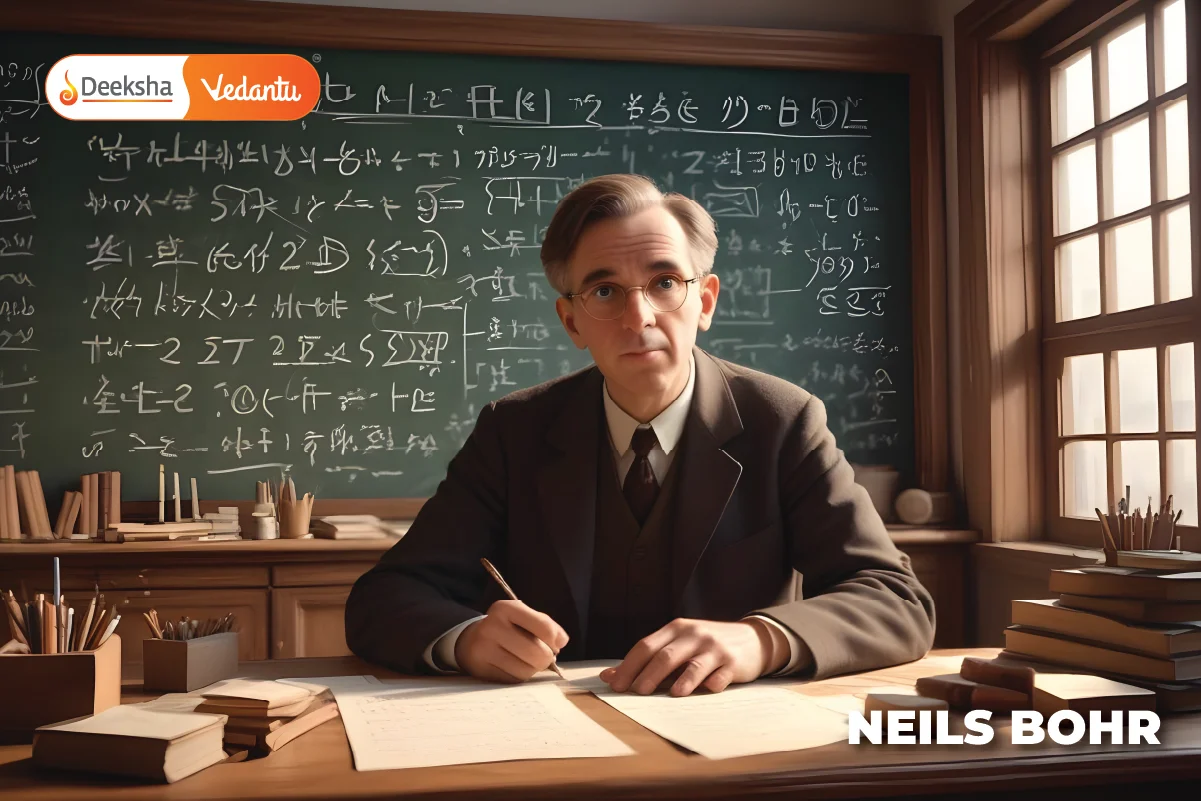
Enrico Fermi
Invention: Nuclear Reactor
Contribution: Built the world’s first nuclear reactor and contributed to the development of quantum theory and statistical mechanics.
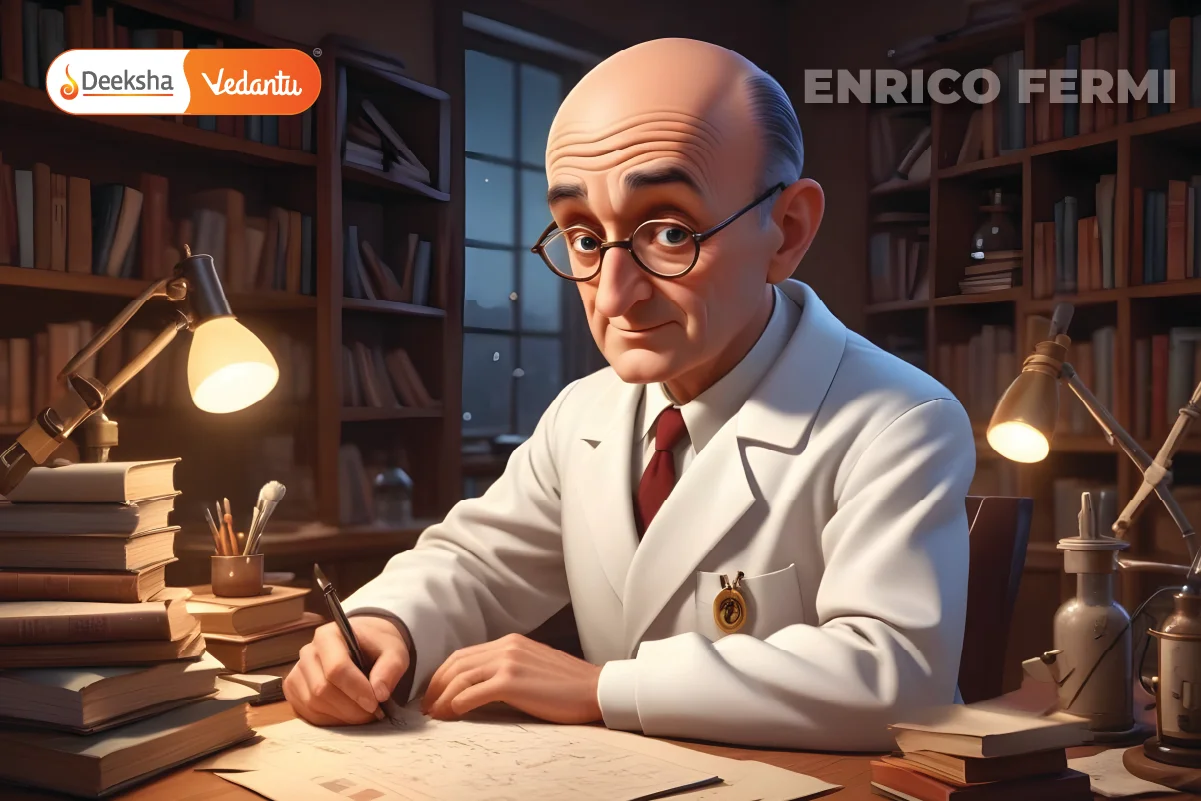
Summary Table
| Year | Discovery | Scientist Name |
| 1905 | Photon | Albert Einstein |
| 1897 | Electron | J.J. Thomson |
| 1919 | Proton | Ernest Rutherford |
| 1808 | Atom | John Dalton |
| 1932 | Neutron | James Chadwick |
| 1687 | Law of Motion | Isaac Newton |
| 1779 | Coulomb’s Law | Charles-Augustin de Coulomb |
| 1827 | Ohm’s Law | Georg Simon Ohm |
| 1831 | Electromagnetic Induction | Michael Faraday |
| 1880 | Thermionic Emission | Thomas Edison |
| 1896 | Radioactivity | Henri Becquerel |
| 1898 | Radium | Marie Sklodowska-Curie |
| 1900 | Quantum Theory | Max Planck |
| 1905 | Photoelectric Effect | Heinrich Rudolf Hertz |
| 1895 | X-rays | Wilhelm Conrad Röntgen |
| 1905 | Theory of Relativity | Albert Einstein |
| 1913 | Atomic Structure | Neils Bohr & Rutherford |
| 1942 | Nuclear Reactor | Enrico Fermi |
FAQs
Ohm’s Law states that the current through a conductor is directly proportional to the voltage and inversely proportional to the resistance.
Henri Becquerel discovered radioactivity in 1896.
Max Planck proposed the quantum theory of energy, which significantly advanced the understanding of atomic and subatomic processes.
Ernest Rutherford is known as the father of nuclear physics.
Albert Einstein developed the General and Special theory of relativity and introduced the concept of mass-energy equivalence (E = mc^2).
Related Topics
- Refraction Of Light
- Velocity
- Thermodynamics
- Circuit Diagram
- Electric Potential And Potential Difference
- Factors On Which The Resistance Of A Conductor Depends
- Electric Current And Circuit
- Electricity
- Work, Energy and Power
- P-N Junction
- Scattering Of Light
- Resistance Of A System Of Resistors
- Difference between AC and DC
- Refraction Of Light Through A Prism
- Human Eye – Structure and Functioning











Get Social